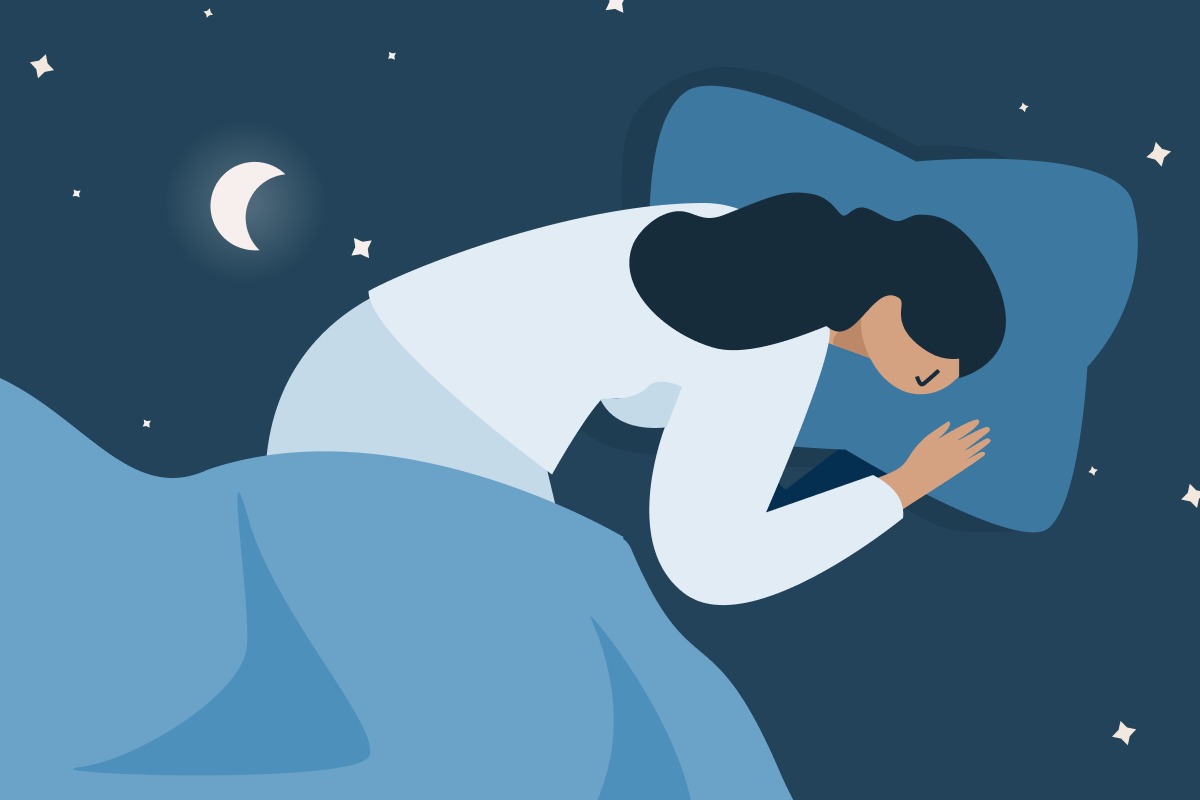Insomnia is Manageable with These Five Steps
By Ashmal Shah
3 July 2023
Sleep is essential for our overall well-being, but unfortunately, many people struggle with insomnia—a sleep disorder that makes it difficult to fall asleep or stay asleep. The good news is that insomnia is manageable, and with a few simple steps, you can improve your sleep quality and regain control over your nights. In this blog post, we will explore five practical strategies to help you overcome insomnia and enjoy restful nights once again. So, put away the sleepless nights and get ready to embrace healthy sleep habits!

Establish a Consistent Sleep Routine

One of the first steps in managing insomnia is establishing a consistent sleep routine. Our bodies thrive on regularity, and going to bed and waking up at the same time each day helps regulate our internal sleep-wake cycle. Create a bedtime routine that promotes relaxation, such as reading a book, taking a warm bath, or practicing deep breathing exercises. By sticking to a routine, you signal to your body that it's time to wind down and prepare for sleep, making it easier to fall asleep and stay asleep throughout the night.
Create a Sleep-Friendly Environment
Your sleep environment plays a crucial role in promoting restful sleep. Make your bedroom a sanctuary of relaxation by keeping it cool, dark, and quiet. Invest in a comfortable mattress and pillows that support your body. Use blackout curtains or an eye mask to block out any excess light, and consider using earplugs or a white noise machine to mask unwanted noises. Eliminate distractions, such as electronic devices, from your bedroom, as they can interfere with your sleep. Creating a sleep-friendly environment sends a signal to your brain that it's time for rest, helping you fall asleep more easily.
Adopt Healthy Lifestyle Habits

Certain lifestyle habits can significantly impact your sleep quality. Avoid stimulants like caffeine and nicotine, especially close to bedtime, as they can interfere with your ability to fall asleep. Incorporate regular exercise into your daily routine, but aim to finish exercising at least a few hours before bedtime to allow your body to wind down. Limit daytime napping, as it can disrupt your sleep pattern. Additionally, establish a relaxing pre-bedtime routine that doesn't involve screens, as the blue light emitted by electronic devices can disrupt your natural sleep cycle. Adopting these healthy lifestyle habits promotes better sleep and helps manage insomnia.
Practice Relaxation Techniques
Stress and anxiety often contribute to insomnia. To manage these factors, incorporate relaxation techniques into your daily routine. Deep breathing exercises, progressive muscle relaxation, and meditation are effective ways to calm your mind and promote a state of relaxation before bed. Engage in activities that help you unwind, such as reading, taking a warm bath, or listening to calming music. By incorporating these relaxation techniques, you can reduce stress and anxiety levels, allowing for a more peaceful and restful sleep.
Seek Professional Help if Needed

If self-help strategies aren't enough to manage your insomnia, it's important to seek professional help. A healthcare provider specializing in sleep disorders can provide a comprehensive evaluation and offer further guidance. They may suggest therapies such as cognitive-behavioral therapy for insomnia (CBT-I), which addresses the underlying causes of your sleep difficulties. In some cases, medication may be prescribed for short-term relief. Remember, reaching out for professional help is a proactive step towards regaining control over your sleep and improving your overall well-being.
You Might Also Want To Read This
Popular Posts







